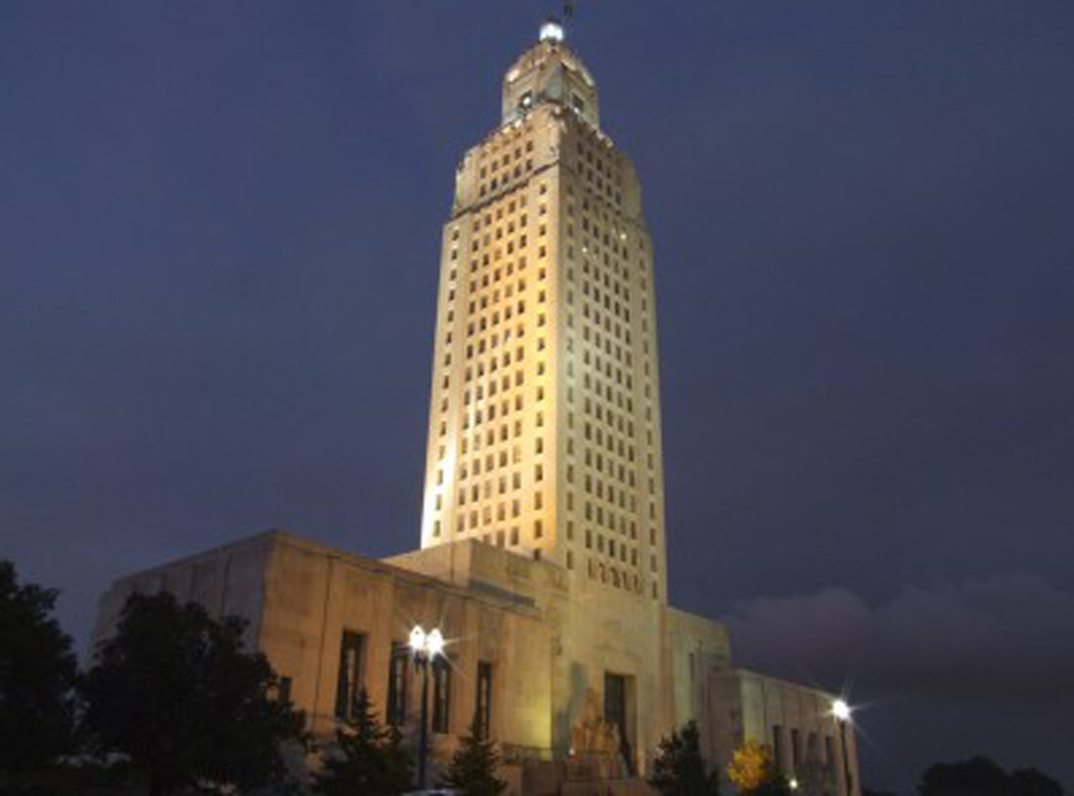BATON ROUGE — The public will have access to more records in the Louisiana governor’s office, tougher licensing requirements will kick in for marriages and rules governing the state’s film tax breaks will tighten in January, when 19 new or rewritten state laws take effect.
Most of the changes get going with the start of the new year, but others instead begin with the new terms of office for elected officials, Jan. 11.
Lawmakers approved the new laws in their last legislative session. The bills range from modest tweaks to existing laws to wholesale rewrites and entirely new additions to the law books.
PUBLIC RECORDS
Gov.-elect John Bel Edwards will have to open more of his office’s records to the public than his predecessor, under a bill by Sen. Dan Claitor, R-Baton Rouge, that places new limits on records exemptions allowed to future governors.
The changes don’t impact term-limited Gov. Bobby Jindal, who resisted efforts to remove some of the sweeping exemptions on public access to documents in his office. Instead, they take effect when the new governor enters office.
The public records law rewrite will keep the governor’s communications with internal staff secret. But it will get rid of several exemptions enacted in a 2009 bill backed by Jindal. Lawmakers say those exemptions were more broadly interpreted than they intended.
An exemption that gives executive branch departments a six-month blackout period on budget documents will disappear, along with language that hides records considered part of a governor’s “deliberative process.”
Internal communications and exempted records will have to be retained for the state archives, and they will be available for review eight years after their creation.
MARRIAGE LICENSES
With the start of the new year, stricter state marriage license requirements — aimed at barring illegal immigrants from getting married in Louisiana — take hold.
The changes, sponsored by Rep. Valarie Hodges, R-Denham Springs, will prohibit anyone from receiving a marriage license without a birth certificate, valid international ID or passport.
Couples will have to attest under oath they did not lie on their paperwork. People with birth certificates in foreign languages will have to get them translated. And judges will have limited discretion to overrule requirements and allow couples without proper documentation to get married.
Supporters of the new requirements said they were designed to stop marriage fraud, but opponents said they didn’t know of any widespread fraud and worried the toughened restrictions would make it harder for people born in the U.S. to get married.
FILM TAX BREAKS
New provisions governing Louisiana’s film tax credits begin as the new year opens, part of a package of legislation seeking to cut down on abuse in the program.
The regulations, sponsored by Sen. J.P. Morrell, D-New Orleans, bolster auditing and verification of expenses claimed toward the tax credit, place stricter limits on certain expenses deemed eligible for the credit and add newrequirements for brokers who sell the tax credits.
Spending on the film tax breaks currently is capped at $180 million a year.
OTHER NEW LAWS
Many of Louisiana’s election dates are being shifted, along with the candidate sign-up periods. Starting Jan. 11, the Secretary of State’s Office will be able to print and sell maps of election precincts and jurisdictions for a fee, with the money earmarked to voter outreach, maintenance of voting machines and voting technology.
More oversight and review begins Jan. 1 of the health insurance premium rates charged to state employees and retirees through the Office of Group Benefits, rather than leaving it to the governor’s administration to determine those costs and changes to health plans.





